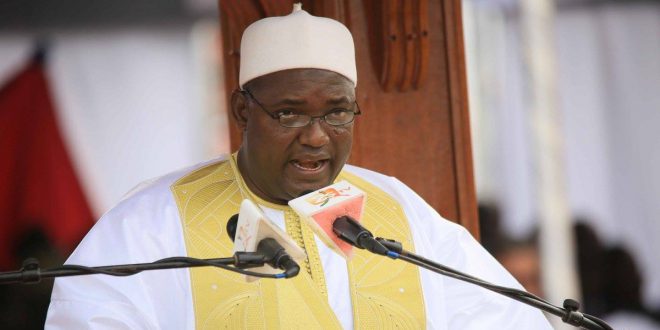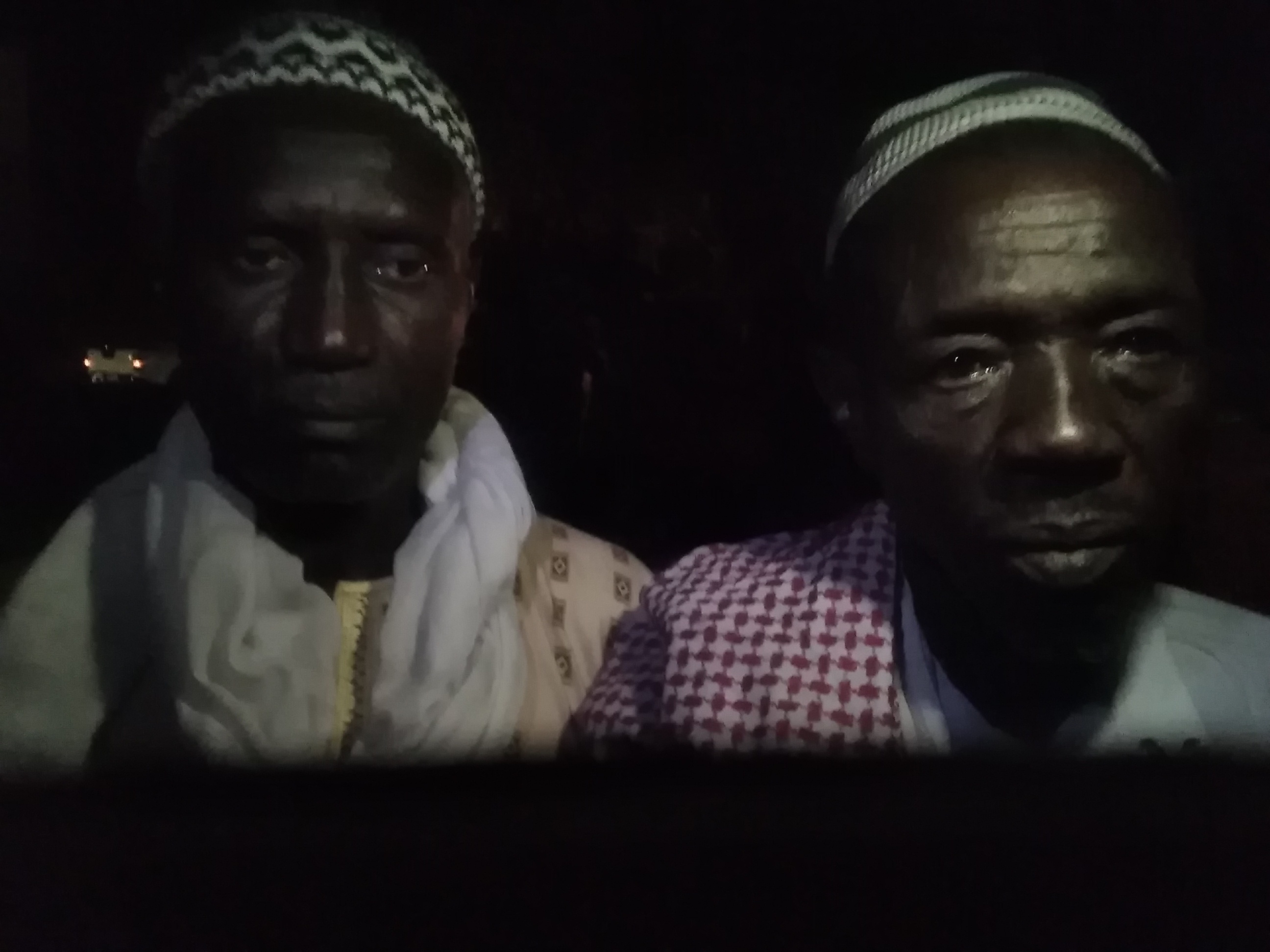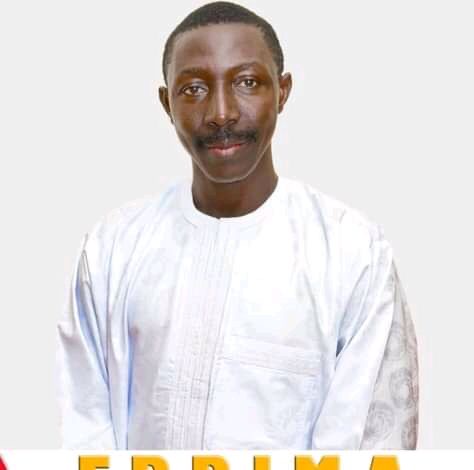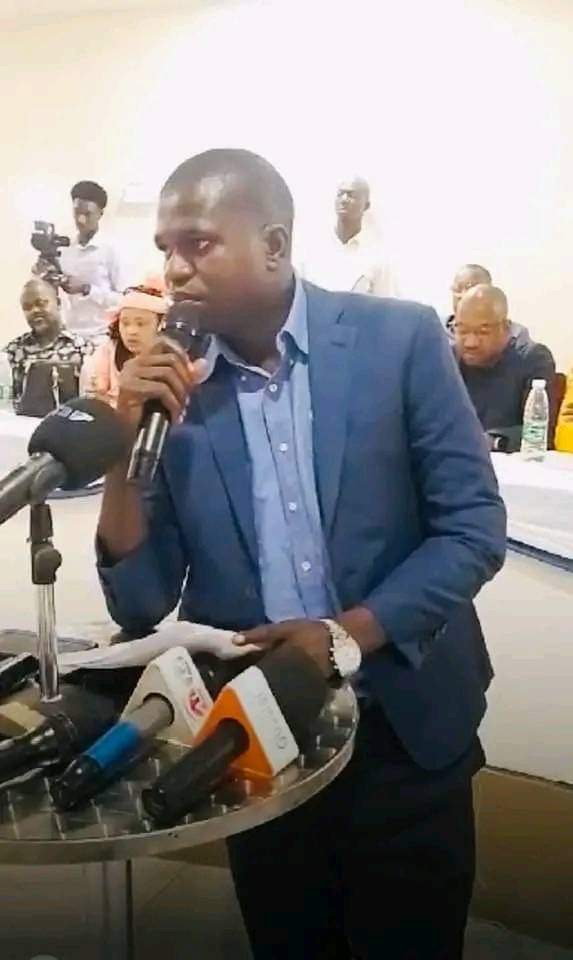Gambia civil society organisations have called on President Adama Barrow to call for a national dialogue after following ‘government’s heavy-handed response to protests.’
Prominent Gambian civil society groupings have written an open letter to President Barrow urging the embattled head of state to show leadership and support the calls being echoed around the country for a National Dialogue to take place as a matter of urgency. In the letter the group stated that: ‘A listening and caring government will always gain the respect and garner the support of the citizens it leads’. It bolstered its argument by reminding the president that his administration’s refusal to listen to public opinion, especially if well intentioned, was unacceptable. Intimating that this was the reason as to why the recurrence of police brutality, crackdown and arrest of protesters happened last week.
“The mishandling of this and other events lately, starting with the vacillation over the issuance of routine meeting permits by the police, bore all the hallmarks of an inept, paranoid and incompetent administration.”
The letter went further to state that the current administration is unable to unlearn the practices of old, and reluctant to take on-board sound suggestions to enable it to better deal with issues of public protests, and even to be accepting of dissenting views.
‘The Faraba Banta Commission of Inquiry report submitted to you, provided concrete recommendations in order to avoid future recurrence of such events. It is again clear that the most important aspects of the conclusion and further recommendations of this commission, to urgently embark on security sector reforms, were ignored.’
It further stated that lessons should have been learned from the fallout and consequences of two decades of intolerance, intimidation, and outright abuse meted out to Gambians by the former Jammeh regime; which has now been placed under the spotlight by the ongoing TRRC.
The group also cautioned the president and his administration that the decision they took to ‘go to war’ with people that hold a different political view is a dangerous tipping point for the stability of the country.
The authors of the letter went further to remind the president that such intolerance has severe consequences for his presidency and ultimately the country. They cited similar overreaction by Barrow’s predecessor, Yahya Jammeh, who reacted with brutal force over similar demonstrations.
“The 26 January 2020 incident was eerily reminiscent of the events of 14-16 April 2016, when Solo Sandeng and his colleagues were arrested, beaten and tortured; Solo Sandeng later succumbed to his injuries and died. This was followed by further protests by the UDP 31, members of your former party, and senior partner to the coalition that brought you to power.
They too were arrested, detained and charged,” the letter stated. It went further to also advise the president to make a pronouncement on the outcome of the legal challenge mounted and won by the UDP 31, where by the ECOWAS court recently issued an order for investigations to happen, and to bring the perpetrators of Sandeng’s death, and the torture of others, to book.
They also urged President Barrow to instruct his Attorney General and Minister of Justice, ‘to give the pronouncement [of the ECOWAS court] the same earnestness, enthusiasm and urgency he gave the Rohingya matter.’
The letter ended with a warning that the only way out of the political quagmire the country faces is through an inclusive national conversation among all stakeholders, especially the politicians.
They stated that this would be ‘an avenue to reduce the unhealthy contestation and rhetoric, which has grown toxic, and lay the groundwork for a peaceful transition to a new constitutional order.’ The organizations that signed the open letter are: Right to Know Gambia (R2K); The Democratic; Union of Gambian activists (DUGA); The Gambia Press Union (GPU); Gambia Participates, and Team Gom Sa Borpa. The letter was copied to the diplomatic and consular corps in country, as well as the ECOWAS and the African Union.





